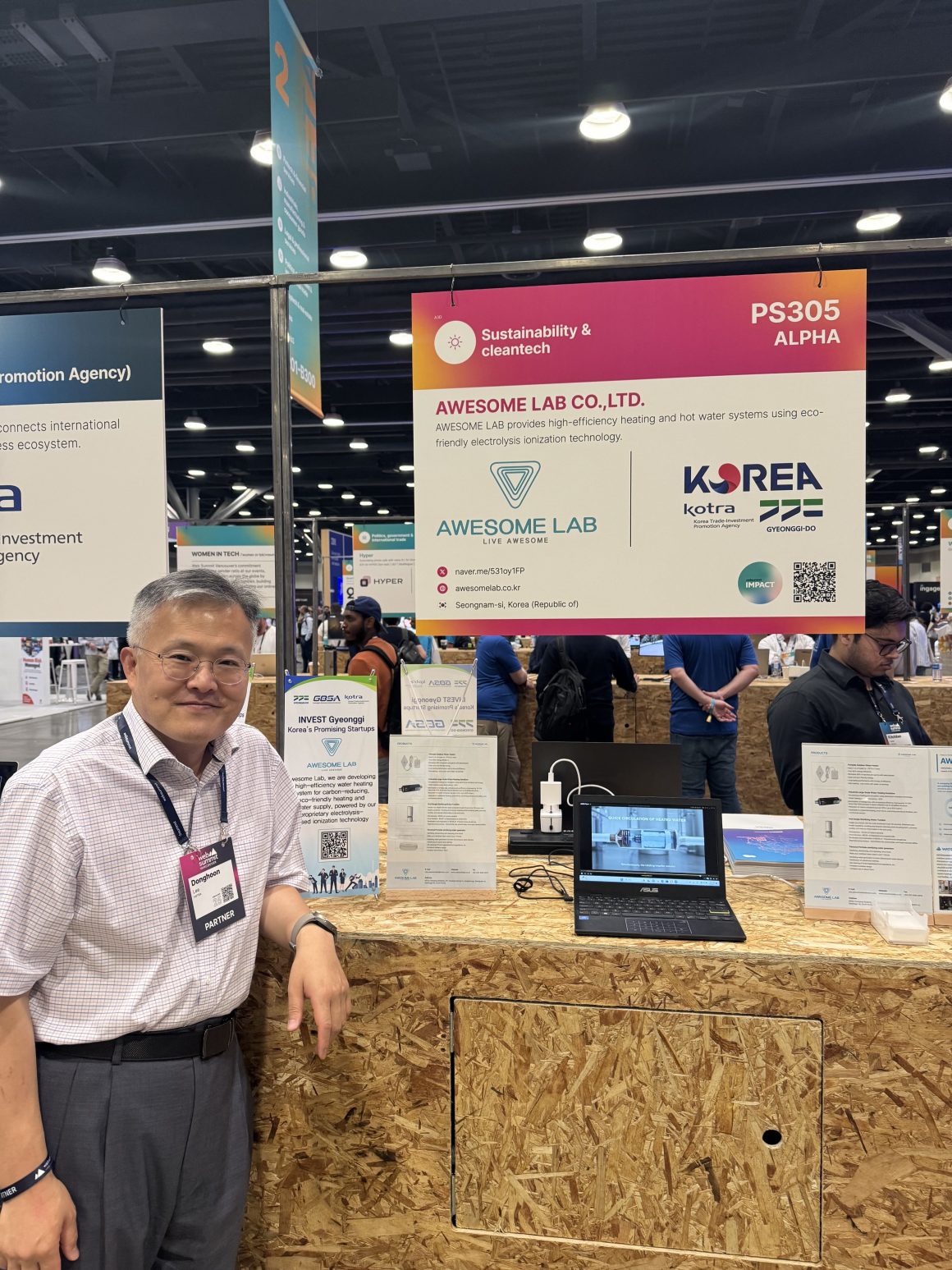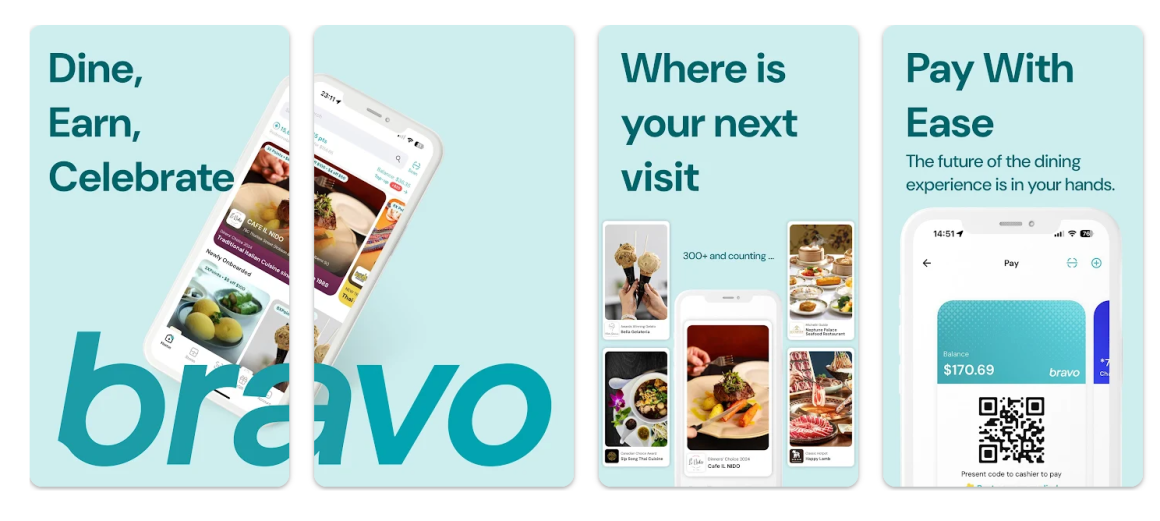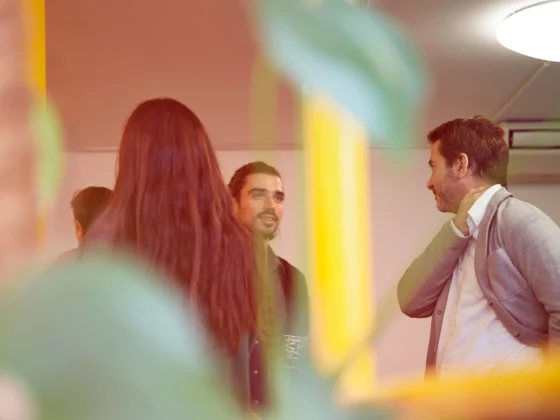Web Summit is projecting more than 15,000 founders, operators, and investors to flood the Vancouver Convention Centre from May 27-30, 2025. This single gathering could pump CA$172 million of direct spending into the province and almost CA$279 million in broader economic impact over the next three years. That sheer momentum tells me two things. First, if you run an early-stage company, you are about to be surrounded by a critical-mass audience of potential customers, champions, and capital partners. Second, Vancouver’s tech scene – already 11,000-plus companies strong – is officially taking its seat at the global table.
I know you might be wondering whether the trek is worth it, especially if you are bootstrapping your SaaS on ramen and runway anxiety 🙃 Let me share one hard-to-ignore data point: the Vancouver tech sector is currently growing at twice the pace of the broader economy, and it now ranks number one for high-tech job growth across the continent. I can tell you that when a city adds that many engineers and product managers in such a short window, it becomes a magnet for fresh capital, new partnerships, and sharp talent – three ingredients you and I constantly chase.
In this series of Web Summit coverage articles, I will guide you through standout startups that deserve a spot on your personal conference roadmap.
BOAST – Turning R&D Tax Credits into Operating Cash
I do not need to remind you how mind-numbing it is to assemble receipts, code commits, and engineer hours for a research-and-development tax claim. At DeckLinks we used to shuffle between spreadsheets and government PDF guides until we realized we were burning founder time better spent with customers. BOAST blends an AI engine with in-house tax expertise so that you upload minimal data, and the platform extrapolates what qualifies under Canadian and U.S. R&D incentives. Their software identifies eligible projects, constructs audit-ready evidence, and keeps you constantly updated on claim status.
Why should you care? Government programs can extend your runway by months, sometimes quarters, but many startups leave that money unclaimed because the process feels too complex. BOAST tackles exactly that fear. The team even argues that their machine-learning models unlock larger credit amounts than you would retrieve through a traditional consulting firm, because algorithms spot claimable activities hidden in your ticket history or Git logs. If cash preservation is top of your 2025 agenda – and I know for most of us it is – stop by their booth for a chat.
Aida – WhatsApp Becomes Your Highest-Conversion Sales Channel
If your customers spend half their waking hours inside WhatsApp, why drag them to yet another checkout page? Aida’s founders pose that exact question and then answer it by embedding a full storefront, payment terminal, and AI sales agent directly within WhatsApp threads. In practical terms, you send a link. Your customer taps it. They browse, pay, and receive automated updates without ever launching a browser tab.

Aida grabs my attention for two reasons. First, the barrier to entry is almost zero: you sign up, import products, and switch on payments in minutes. Second, the roadmap aligns with what I see as the future of SME digital sales. Upcoming modules will handle bookings, shipping logistics, and advanced analytics. In fact, I would argue that any DTC brand serving Latin American, Indian, or European markets can achieve faster revenue validation through Aida than through a Shopify build that demands ad spend to drive traffic. If WhatsApp commerce has been parked in your “someday” column, 2025 might be the year to move it forward.
AIZEE – An AI Concierge Who Never Takes Coffee Breaks
At BYVI and DeckLinks, we continuously experiment with ways to catch prospect attention the moment someone lands on our website. Pop-ups irritate, and static chat widgets rarely delight. AIZEE rethinks that touchpoint by giving you a conversational AI agent capable of handling FAQs, qualifying leads, and pushing contextual product info while you focus on deeper calls.
What impressed me is how the agent can be trained in your brand voice. If your tone is casual and joke-friendly, it can reflect that; if you sell to regulated industries, the replies tighten up. The agent then pipes conversation insights straight into your CRM. I used to juggle handwritten notes after every discovery call. AIZEE automates that continuity for you. When you consider that early-stage founders often serve as both CEO and first BDR, the bandwidth savings alone justify a test run.
AllFly – Finally, Transparent Corporate Travel
I once missed a meeting because a budget booking platform bumped my seat at the last minute. AllFly aims to bulldoze those pain points. Rather than bury fees in small print, they publish clear pricing and assign you an account manager who is reachable 24/7 – no robo-menus. In addition, both your employee and your company earn loyalty points, a perk that helps nurture a still-scrappy team culture.
Where AllFly quietly shines is visa support. Any founder expanding into new markets knows that paperwork delays can derail product launches. AllFly integrates visa facilitation into its workflow, turning what is normally a swirling side quest into a check-box item. If you plan international fundraising or field-marketing trips post-Summit, a five-minute conversation with their rep could save you days of administrative back-and-forth later.
ALPHA-EL – Vision AI That Protects Land and Lives
ALPHA-EL is a Northern First Nations-owned company whose core product, CORAX VISION, leverages machine-learning cameras and large language models to track wildlife migration patterns and detect early signs of wildfire. In my experience, the best impact-driven startups tend to emerge when founders are intimately tied to the problem space. ALPHA-EL embodies that principle: their leadership team carries generational knowledge of the Canadian North, and they build technology to safeguard those same territories from climate threats.

Beyond its environmental mission, CORAX VISION offers commercial value. Think of pipeline operators, rail companies, and remote mining sites that must monitor vast areas with limited human staff. Real-time AI alerts can trigger rapid response teams, reducing liability and – more importantly – saving ecosystems. If your startup touches energy, logistics, or insurance, partner conversations with ALPHA-EL could open doors to joint deployments in 2026.
Amygo Biotechnologies – Gentle Vibrations Versus Alzheimer’s
I used to think the battle against Alzheimer’s belonged exclusively to pharmaceutical giants. Amygo proves otherwise. Co-founder Tiffany Kurland watched family members deteriorate from the disease and asked whether non-invasive vibration frequencies could dislodge amyloid plaque in the brain. She teamed with electrical engineer Max Zou, and together they built a headband-style device that emits carefully calibrated pulses.
What hooks me is the elegance of the analogy: the same way an electric toothbrush breaks down plaque on teeth, Amygo’s wearable aims to clear neural buildup. Early prototypes are undergoing trials, and if you run a digital health platform or an IoT data integrator, imagine the synergy between real-time cognitive monitoring and targeted therapy. Vancouver’s health-tech investors will undoubtedly swarm this booth; you might want to beat them to it.
Animikii – Powering Indigenous Data Sovereignty
Animikii’s platform, Niiwin, offers Indigenous governments and nonprofits an engine to build databases, education portals, and storytelling archives that honor traditional knowledge systems. The interface allows communities to choose language fields, narrative structures, and data governance policies that reflect their unique worldviews. That degree of customization stands in sharp contrast to the one-size-fits-all databases you probably see in municipal software.
Niiwin currently underpins the Digital Witness Blanket, the Survivors’ Secretariat reconciliation project, and a bilingual registry for Nunavut nonprofits. Each deployment preserves cultural context rather than flattening it. As founders, we often talk about “inclusive design,” but Animikii executes that philosophy at the code level. Whether you operate in ed-tech, civic software, or ESG compliance, studying their approach can spark ideas for building ethical technology in your own arena.
AWESOME LAB – Sustainability in Everyday Hardware
AWESOME LAB’s water warmer device heats water far more efficiently than a kettle, making it indispensable for remote workers or travellers who despise hotel coffee makers. Second, the product’s shell is built from eco-friendly materials without feeling flimsy. That marriage of sustainability and durability is exactly where consumer expectations are heading, in my opinion.

Their second flagship device, the SafePack, folds into a compact triangle that unfolds into an LED tripod for runners, cyclists, or roadside emergencies. Both products have earned CES innovation nods. In fact, I’d argue that AWESOME LAB is quietly developing a “Zara for gadgets” model, where rapid concept-to-retail cycles let them fix overlooked household inconveniences before bigger competitors even identify the gap. If your startup curates perk boxes for remote teams or sells outdoor adventure packages, a distribution partnership might be a conversation worth having.
Beacon – A Super-App for Newcomers to Canada
When my mom immigrated to Canada decades years ago, opening a bank account felt like a bureaucratic relay race: each branch demanded new documents. Beacon solves that headache by letting future residents open Canadian accounts before boarding their flight. Once you land, you can transfer funds, pay bills back home, and remittances flow both directions through the same interface.

The founding team built the roadmap from firsthand frustration, which is why the user experience feels empathetic at every click. I can tell you that if your own startup recruits international talent, recommending Beacon to incoming hires will lower their stress and, by extension, accelerate their productivity. Investors eyeing the massive remittance corridors between Canada and South Asia will also want to preview Beacon’s FX engine and compliance safeguards.
Bravo – Rewarding Every Meal Out
With Bravo Rewards diners earn cashback and points each time they eat at a partner restaurant. Meanwhile, Bravo Merchant gives eateries analytics on voucher usage, top-selling menu items, and repeat traffic.

What sets Bravo apart is the dual-sided benefit loop. As more diners join, restaurants sign up to access the growing audience, which in turn enriches the customer perks – a virtuous cycle. From the founder’s perspective, launching a marketplace typically involves the classic “chicken-and-egg” conundrum.
Bravo sidestepped early inertia by tackling payments first. Once merchants relied on the voucher infrastructure, layering loyalty was a natural upsell. If you build two-sided networks, study their sequence of product priorities. It might spare you a few strategic detours.
Looking Ahead to Web Summit 2025 Startup Highlights
We have covered only a slice of what awaits you in Vancouver. In the next listicle, I’ll introduce you to more cool startups.
Until then, message me with any burning questions or flag a startup you think I should scout. I will be finalizing my Startup Highlights shortlist soon, and your tip could push a deserving team into the spotlight they need. Meanwhile, start mapping your meetings, sync your footwear strategy with your step counter, and rehearse that one-line intro that sparks curiosity. I know that if you invest the effort, Web Summit Vancouver 2025 will pay compound dividends for years down the road.
See you on the convention floor – comfy shoes, open mind, and coffee in hand.









